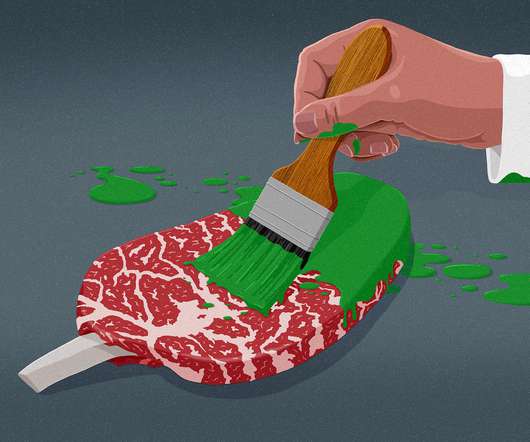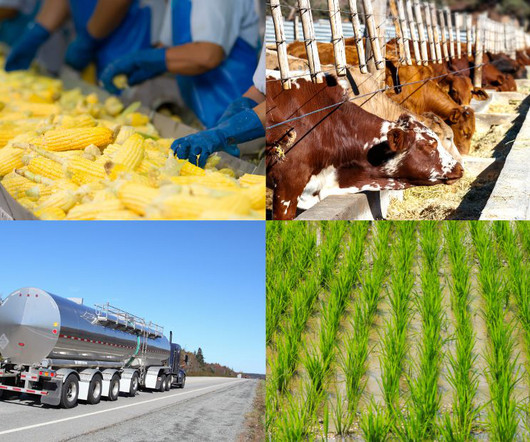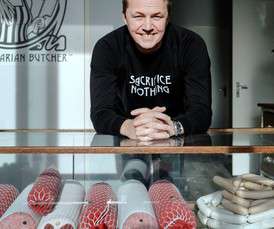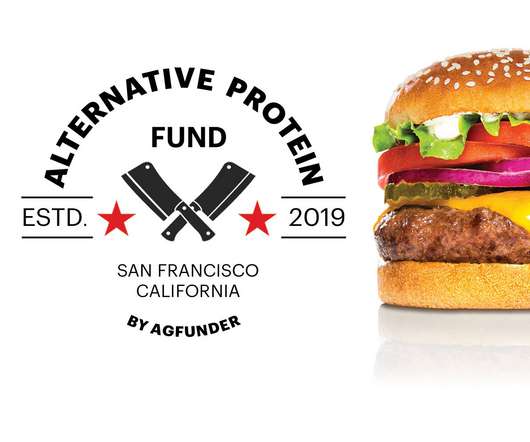Investigation: How the Meat Industry is Climate-Washing its Polluting Business Model
DeSmogBlog
JULY 18, 2021
Campaigns run by the AAA and Danish Crown are just two examples of the way in which the meat industry is increasingly turning to a playbook long used by other polluting sectors such as Big Oil and pesticide manufacturers , with the campaigns ultimately causing “confusion and delay,” NYU’s Jacquet argues. Meat Industry Playbook.















Let's personalize your content